On Sunday September 13th, at both the 8:00am and 10:00am services, the liturgy will be that of Morning Prayer; with the Liturgy of the Eucharist following at the 10:00am service. Deacon Gilmore will be the officiant for Morning Prayer at both services; and Mother Parini will be the celebrant at the 10:00am Eucharist. This combined arrangement of Morning Prayer and the Eucharist is not new but was the manner by which many Episcopal parishes worshipped on Sunday mornings prior to the publication of the 1979 edition of the Book of Common Prayer. This most recent edition of the Book of Common Prayer reflects a liturgical seismic shift of what is referred to as the Liturgical Movement. It is a huge subject encompassing several hundred years, having its inception among certain Benedictine monks in France in the early 1800’s, and which benefited enormously along the way by discoveries of documents from the Early Church, invaluably aiding research into the liturgies going back to those of the Apostles. A primary emphasis of this new perspective on worship was greater participation by the laity in the liturgies.
Morning Prayer largely owes its origin to the canonical monastic hours of prayer, as followed by monks and nuns for hundreds of years. There are eight separate times for such prayers, as follows: Matins, Lauds, Prime, Terce, Sext, None, Vespers, and Compline. In his construction of the first Book of Common Prayer, Archbishop Thomas Cranmer essentially condensed these eight hours into two. He combined the first three into one called Matins (now Morning Prayer); and the latter two into a service called Evensong (if sung, but otherwise known as Evening Prayer). The content of Morning Prayer begins with Opening Responses between the officiating clergy (or lay person) and the people…”O Lord, open thou our lips; and our mouth shall show forth thy praise.” What follows are the Psalms and Canticles (hymns or chants with a biblical text); and at Morning Prayer the first psalm said every day is the Venite, exultemus Domino (Psalm 95). Next come the Bible readings, of which there are two, one from each Testament, following the lectionaries for the given year. Then follows the Preces and Collects, which includes the Apostles’ Creed and the Lord’s Prayer. If music is part of the service, an Anthem would occur at this point in the service. Finally, there is the Closing which includes a prayer from the Divine Liturgy of St. John Chrysostom and a benediction. At one time there was, at the outset of Morning Prayer, a lengthy Confession and Absolution, but many Episcopal parishes no longer require this at services according to the traditional forms. The service of Morning Prayer: Rite II begins on page 75 of the Book of Common Prayer, ending on page 102; and it is literally packed with biblically based resources and collects from our Anglican heritage; and literally there for the asking.
Why is this of interest? Why delve into it? Aside from the fact that St. Mary’s will be turning back the liturgical clock, so to speak, on Sunday September 13th to worship in the manner most Episcopal parishes did prior to the publication of 1979 Book of Common Prayer, it affords us the opportunity to experience the Daily Office, perhaps for the first time; and share in the spiritual aesthetic of our processors, who laid the foundation of our worship life. Given the composition of our parish membership, it could also bring back memories. Whatever the case, being an Anglican/Episcopalian endows us with a treasury of liturgical riches that few other denominations can lay claim to, and as parishioners at St. Mary’s we are particularly fortunate because our clergy and laity are adept at providing this spiritual wealth for the benefit and enrichment of our faith. But it is always critical to avoid seeing them as ends in themselves but rather a means of coming closer to God, God the Father, God the Son, God the Holy Spirit; and in the words of our patron saint, St. Mary, to “magnify the Lord.”

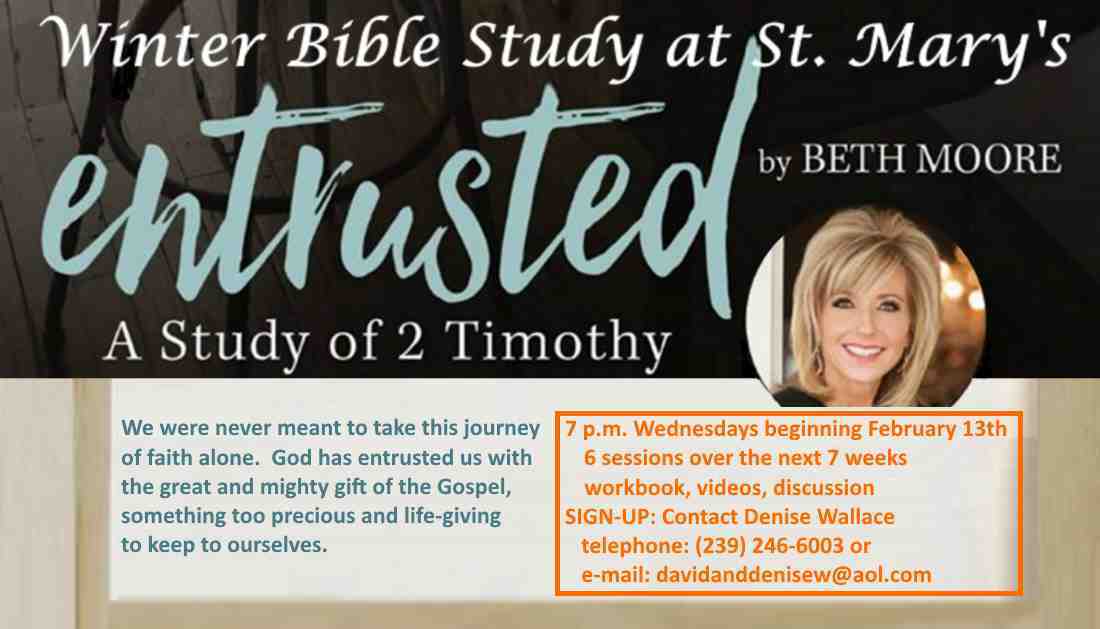
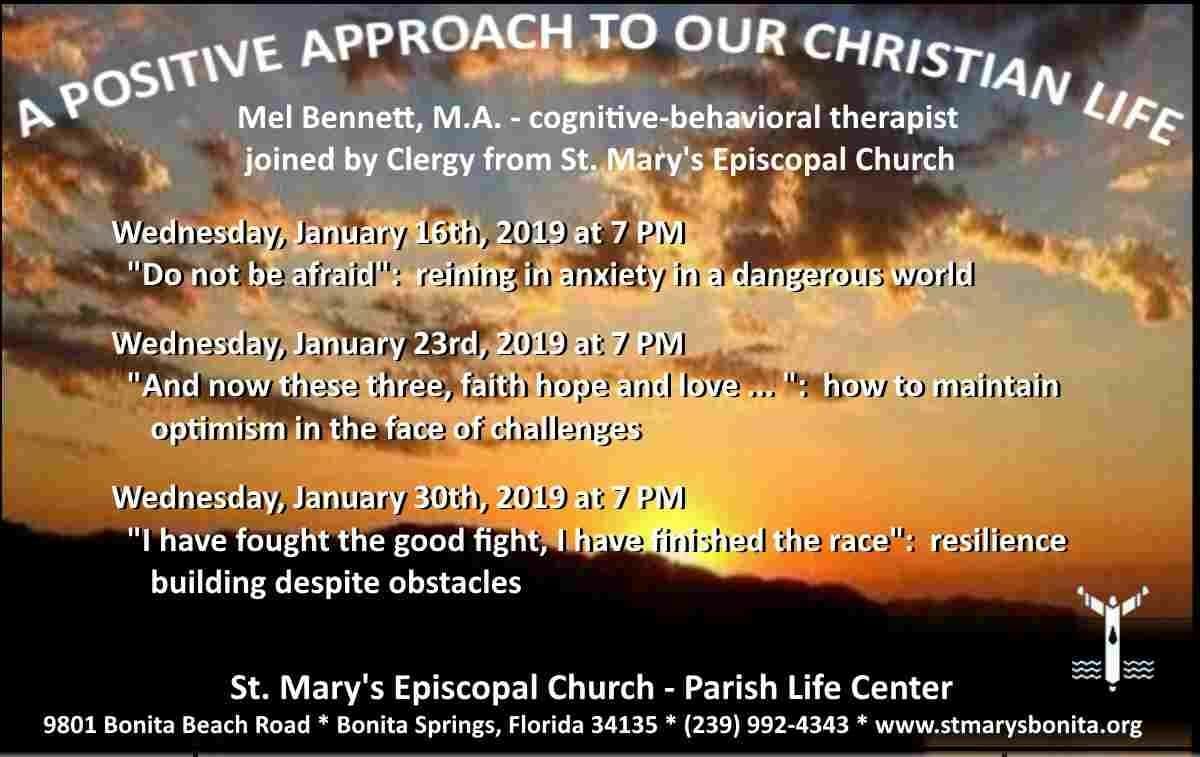
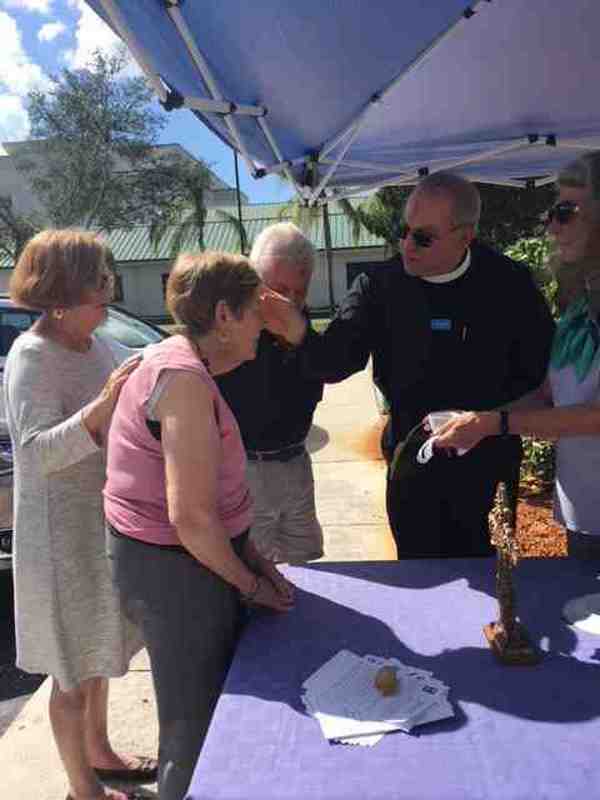
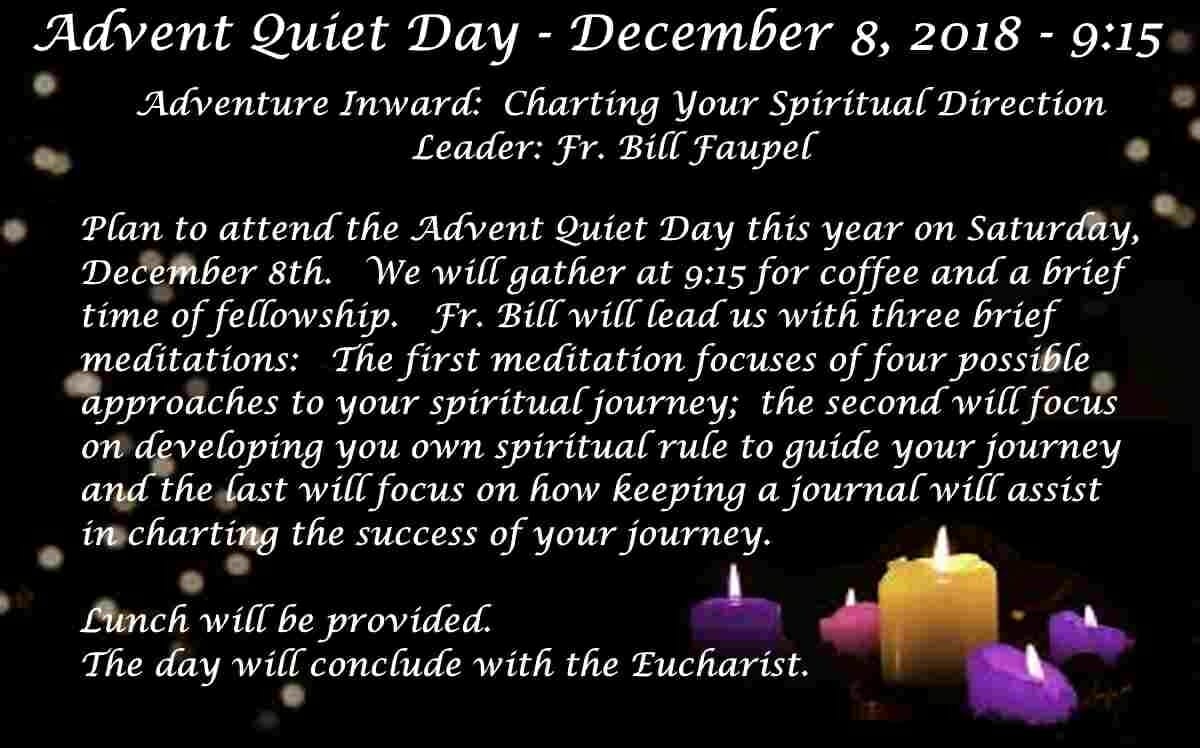
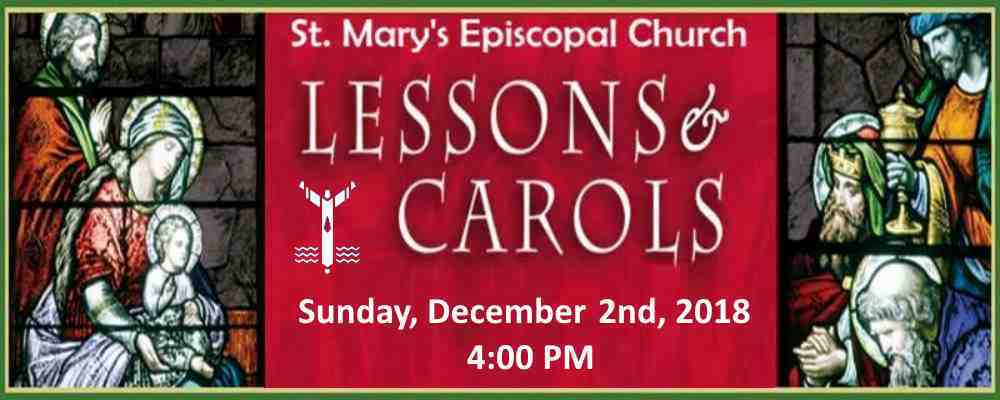

Leave A Comment